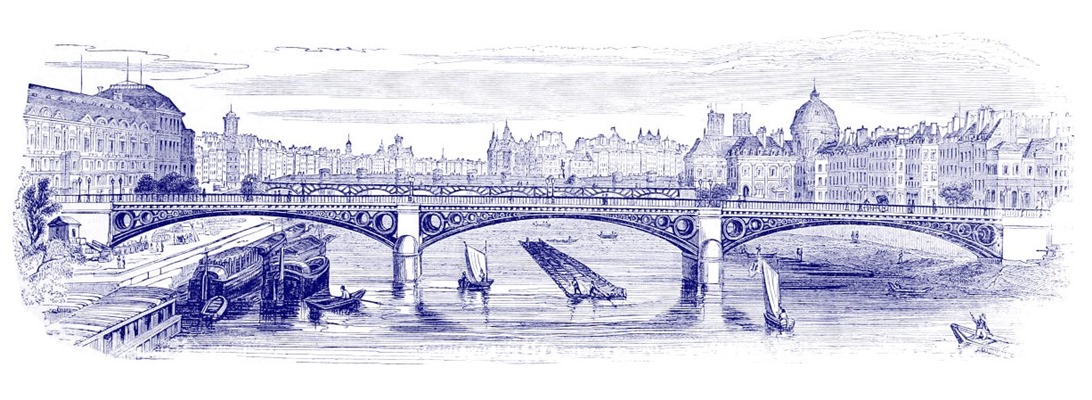
Alors que Quesnay ne s’occupait que de l’amélioration de la situation économique de la France, d’autres penseurs songeaient à détruire tout ce qui était ancien et vermoulu, à libérer l’esprit des liens qui le tenaient en tutelle, et le corps de la contrainte des privilèges de caste. Un des premiers qui luttèrent pour le progrès des lumières, l’humanité et la tolérance fut l’écrivain philosophe Bayle. Né dans le midi de la France, il vécut d’une existence agitée par deux changements de religion; il devint professeur à Sedan et à Rotterdam. Le sommaire de sa pensée est contenu dans son œuvre maîtresse, le Dictionnaire historique et critique, ouvrage où des générations d’hommes du XVIIIe siècle, dans tous les pays, cherchèrent un aliment à leur curiosité intellectuelle. Bayle contribua grandement à répandre l’esprit critique, le goût de penser et de chercher.













